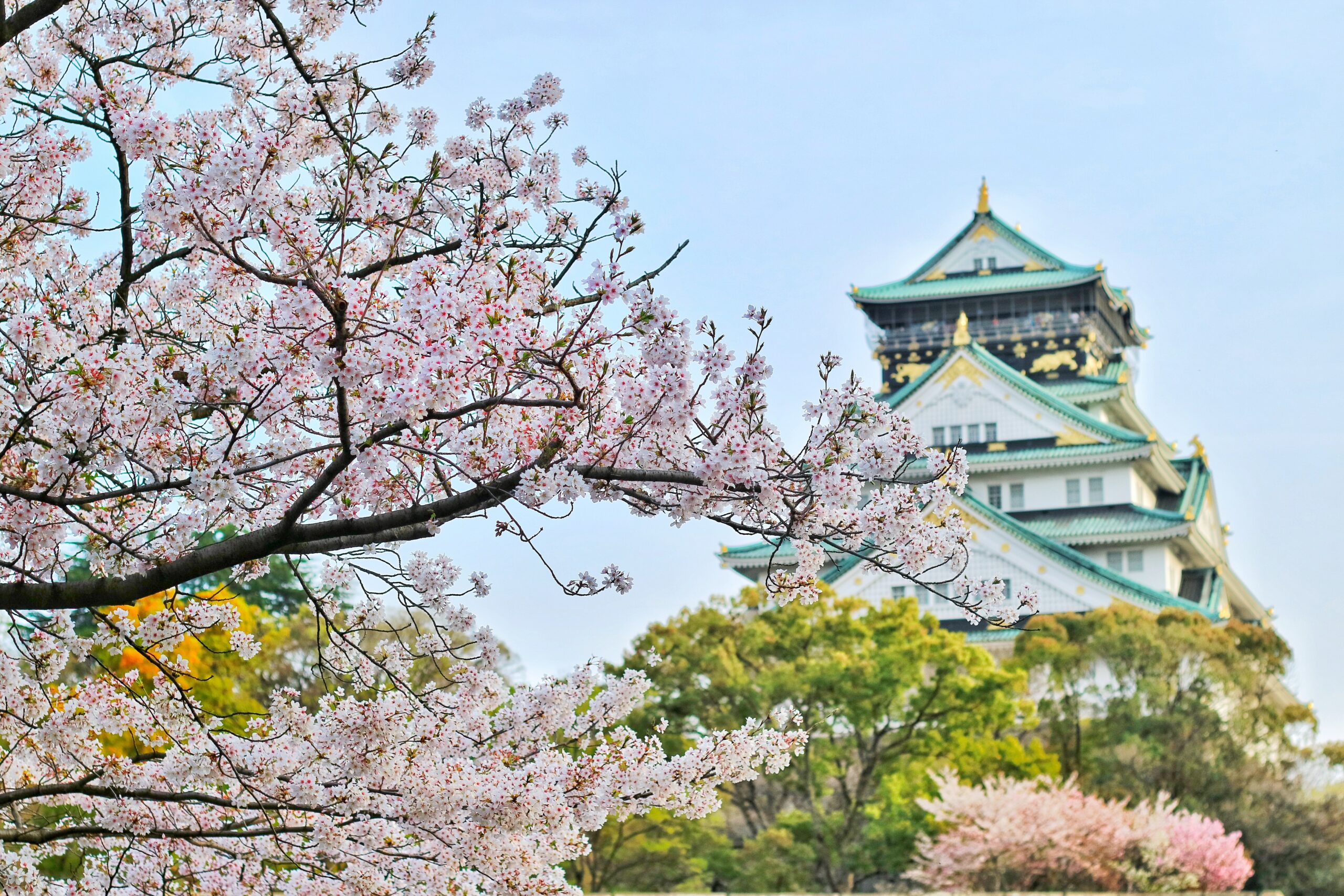
The art of ‘flow’
The Japanese culture’s secret to happiness
When was the last time you were so lost in an activity that your thoughts about the outside world stopped, and time moved in mysterious ways? It may have been while you were cooking for pleasure, gardening or practising a hobby you loved. This state of mind is called ‘flow’. Psychologists describe it as the melting together of action and consciousness; the state of finding a balance between a skill and how challenging that task is.
Japanese culture believes that finding your flow is key to long term happiness because it taps into one’s ikigai – a concept that represents one’s purpose in life which can be found in work, play and family. A recent article by Héctor García and Francesc Miralles, (authors of Ikigai: The Japanese Secret to a Long and Happy Life) states “Gravitating towards the activities that spark a state of flow can lead you to your ikigai”. The diagram below shows how Ikigai is central to who we are and how it can guide all aspects of our life.

Many of the world’s longest-living people find what makes them flow and prioritise it every day. Having the best experience possible while concentrating on what ignites your flow boils down to “increasing the time we spend on activities that bring us to this state of flow, rather than allowing ourselves to get caught up in activities that give us immediate pleasure.”
Conditions for achieving flow
The article references a study by Owen Schaffer (2013), a researcher at DePaul University, who delved deeper into this concept and suggested that there were seven conditions for achieving flow:
- Knowing what to do
- Knowing how to do it
- Knowing how well you’re doing
- Knowing where to go (where navigation is involved)
- Perceiving significant challenges
- Perceiving significant skills
- Being free from distractions
Too busy for flow?
Given how busy life is, finding time for flow is hard. But given the impact on our long term happiness, it’s important to prioritise. You can either incorporate it casually into your life, such as gardening for 30 minutes while your toddler potters about too or sleeps in the pram. Or it can be more formal, such as taking a weekly class in something you love such as art or languages. Additionally, it doesn’t have to be siloed. Flow can be found in your work or in domestic life, meaning there’s opportunity to flow in these areas of your life too.
Lost your flow?
Are you reading this and thinking – “nothing gets me to flow?”. Do not worry, that is very normal. We live in such an achievement focussed world that it’s easy to forget the things we love just for our own pleasure. A tip for tapping into your flow is asking yourself what you loved doing when you were 12 years old. Next, ask yourself why you were attracted to the job you chose in the first place? Using these as clues, there is bound to be something. It doesn’t have to be profound, it can be as simple as doing a jigsaw puzzle, writing stories or at the more committed end – taking a dance class.
So go forth and make time to get lost in something you love. And oh, the places you will flow.
Important links Link to full article here.
Link to full article here.

